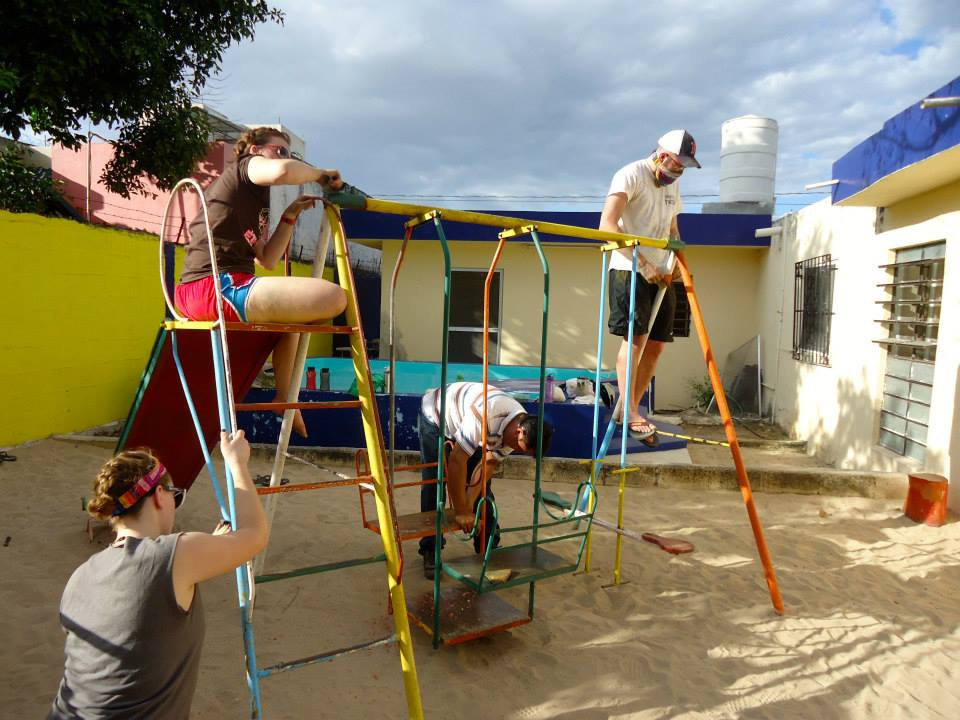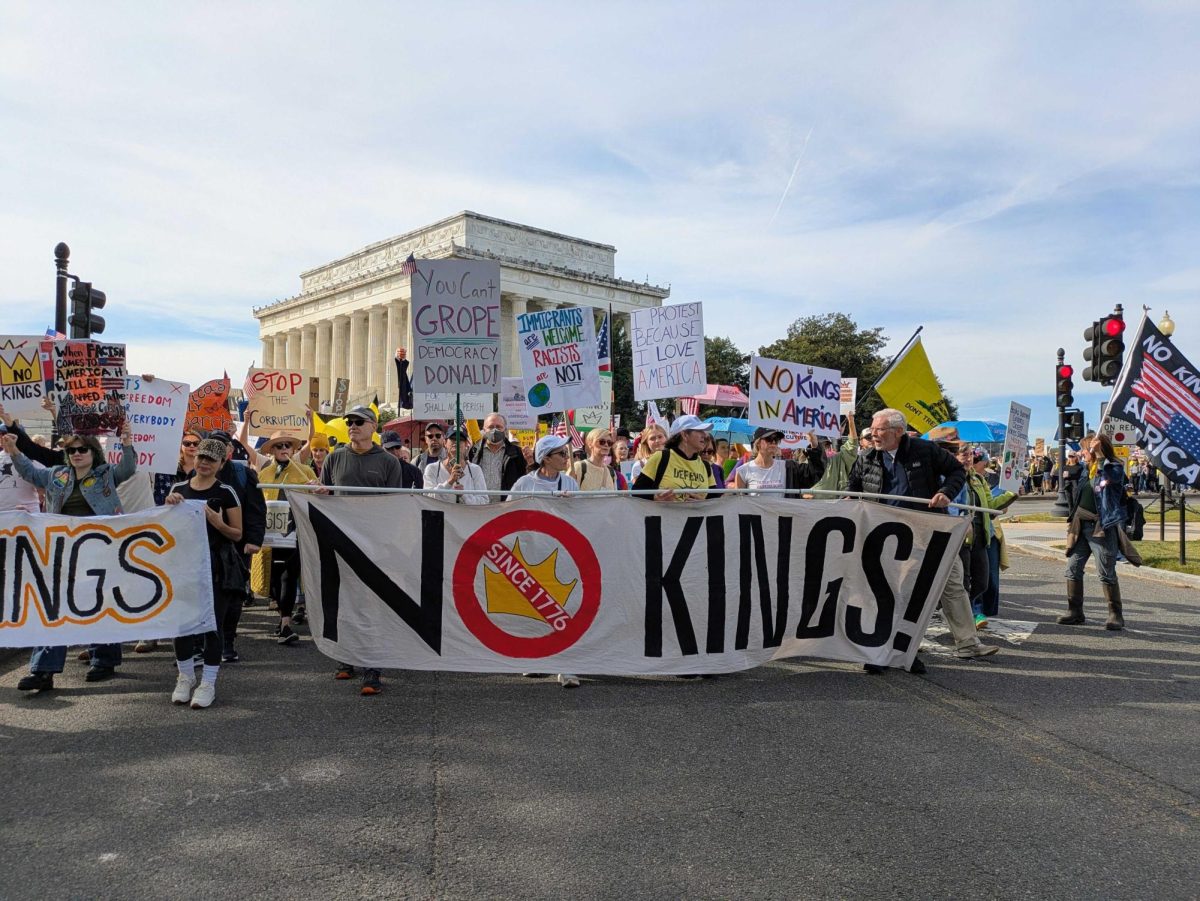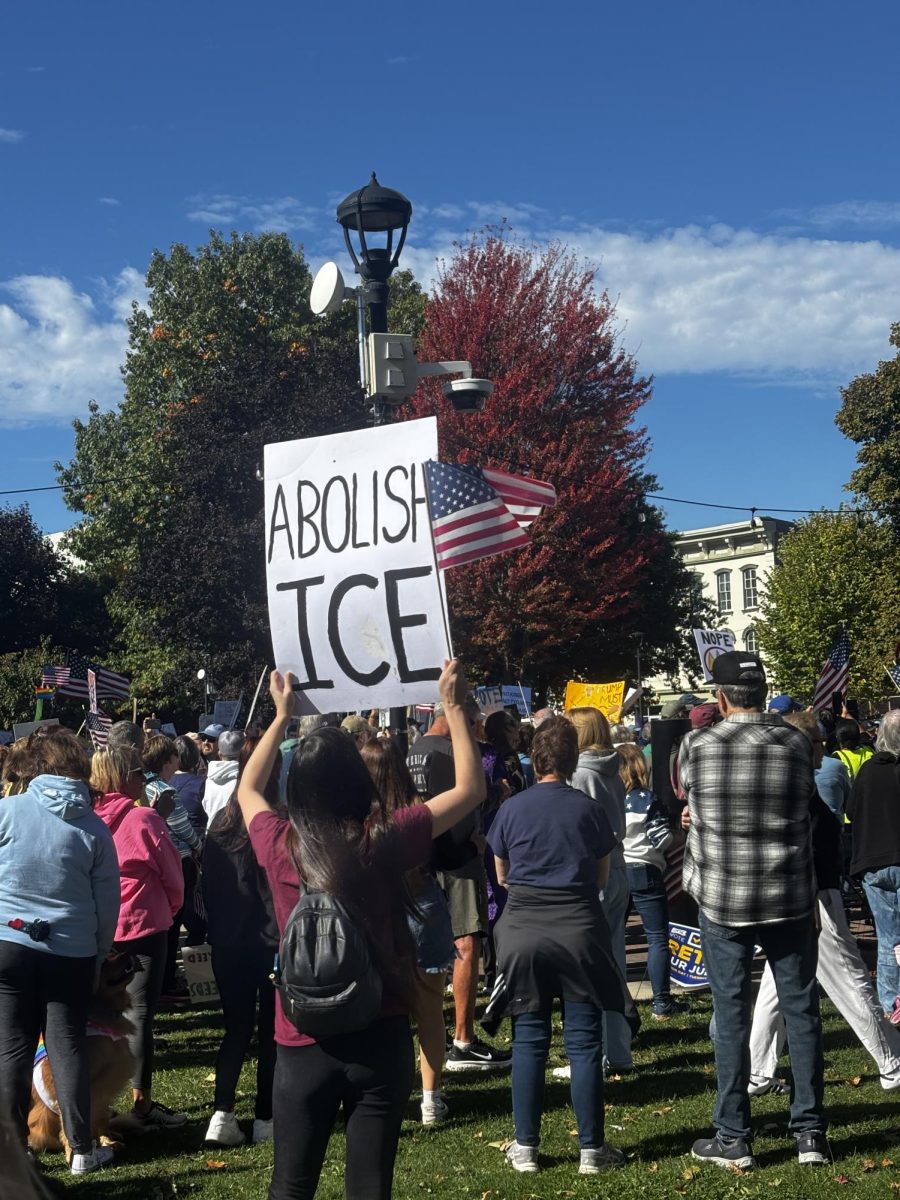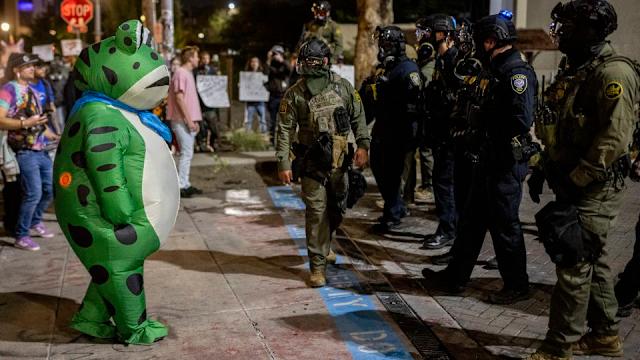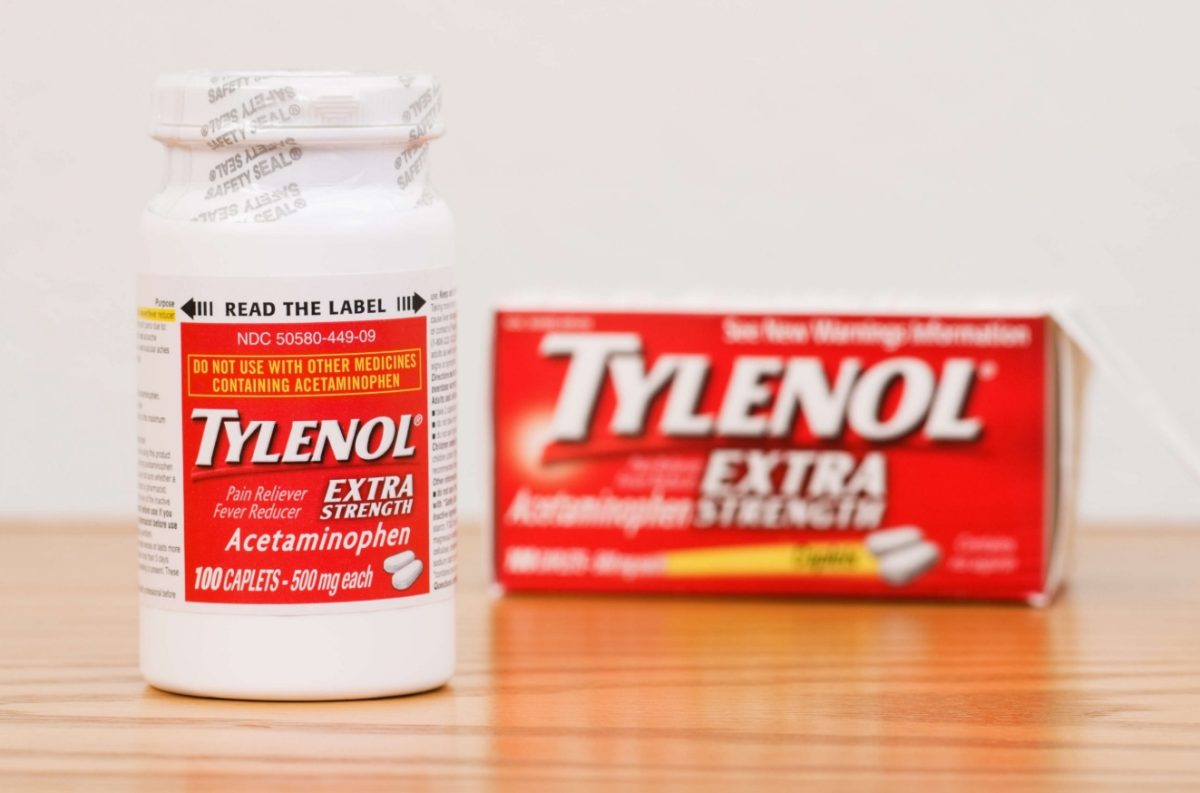Not all college students associate spring break with wild parties and Miami beaches. This is true for Gannon University students embarking on Alternative Break Service Trips (ABST) Friday.
A few different campus organizations host ABSTs, such as the Center for Social Concern (CSC) and Campus Ministry. The trips are a week-long experience that immerses students in a new culture and service, centered around service, simplicity, community and reflection.
Students meet to plan the trip together and fundraise during the school year before leaving. Scholarships are also available for students who qualify.
Leah Johnson, a senior social work major, is going on the CSC’s trip to Detroit this year. Johnson previously traveled to Toronto in 2014 and to Merida, Mexico, in 2015 through the CSC.
She was one of the student leaders for the Merida trip and said the group remains close friends.
“We had an interesting group because a lot of people had never actually been on a plane or outside the country,” Johnson said. “So there was a lot of culture shock.”
Merida is a small city of about 5,000 people, where the Erie Diocese established a Mission of Friendship in 1971. The Mission includes a sister parish program that helps with financial donations from Erie, an Amigos family partnership that pairs about 80 Yucatan families to receive support from U.S. families, and Estancia Nueva Vida, an afterschool program for local girls.
Johnson said her group performed a few service projects like painting a day care center’s swing set and laying a concrete floor, but the rest of their time was spent with the girls from Nueva Vida. She said the group visited a health care clinic run by the same doctor for about 20 years.
“But it was free, so people all over the city came there for free health care,” Johnson said of the clinic.
Another project the group did was a clothing sale in a nearby village where locals could buy three shirts for five pesos rather than having the clothing donated.
“When you let them buy clothing, you’re empowering them,” Johnson said. “It lets them say, look — I can support my family, and look how far my money went.”
The group also worked to leave a lasting mark, Johnson said. The CSC partners with local groups to provide volunteers and take on projects with people already in the community, so that tasks communities could take on alone aren’t finished without the proper resources.
“We don’t want to give them a schoolhouse and no teachers,” Johnson said.
Johnson said the attitudes of people in Merida surprised her. A local man offered the group access to his personal path to the beach after the public beaches closed one day, and use of his shower if they needed it afterward.
“Nobody would do that in America,” Johnson said. “They’re just so welcoming.”
Alexa Shaffer, a junior occupational therapy major, said staff at Bethlehem Farms, W. Va., greeted her campus ministry ABST group in the same way in 2015. Shaffer, along with other Gannon students, partnered with students from Purdue University in Indiana at Bethlehem Farms.
Shaffer said the group went to different sites for volunteer work each day, and they worked on projects like building a bed ramp for a local resident who was bed ridden and reshingled a roof. Shaffer said the students took lunch breaks with the people they were serving and were able to focus more on the people than the task itself.
“Because I’m so study, study, study it helped me to focus on relationships with people and how that’s more important,” Shaffer said.
Shaffer said it was a good experience, although the simplicity focus only allowed the group to take two showers the whole week.
“We didn’t use resources to make us more aware of people who don’t have them,” Shaffer said. “It made me more aware of the little things like turning off the light or not taking a super long shower. When you use those resources it affects other people, even if you don’t see it.”
Johnson said leading the trip in Merida was a time of personal growth.
“I’ve learned with service trips that a lot of people think that they’re going to go and change the lives of the people they’re working with — and what really happens is the volunteer comes back changed,” Johnson said.


